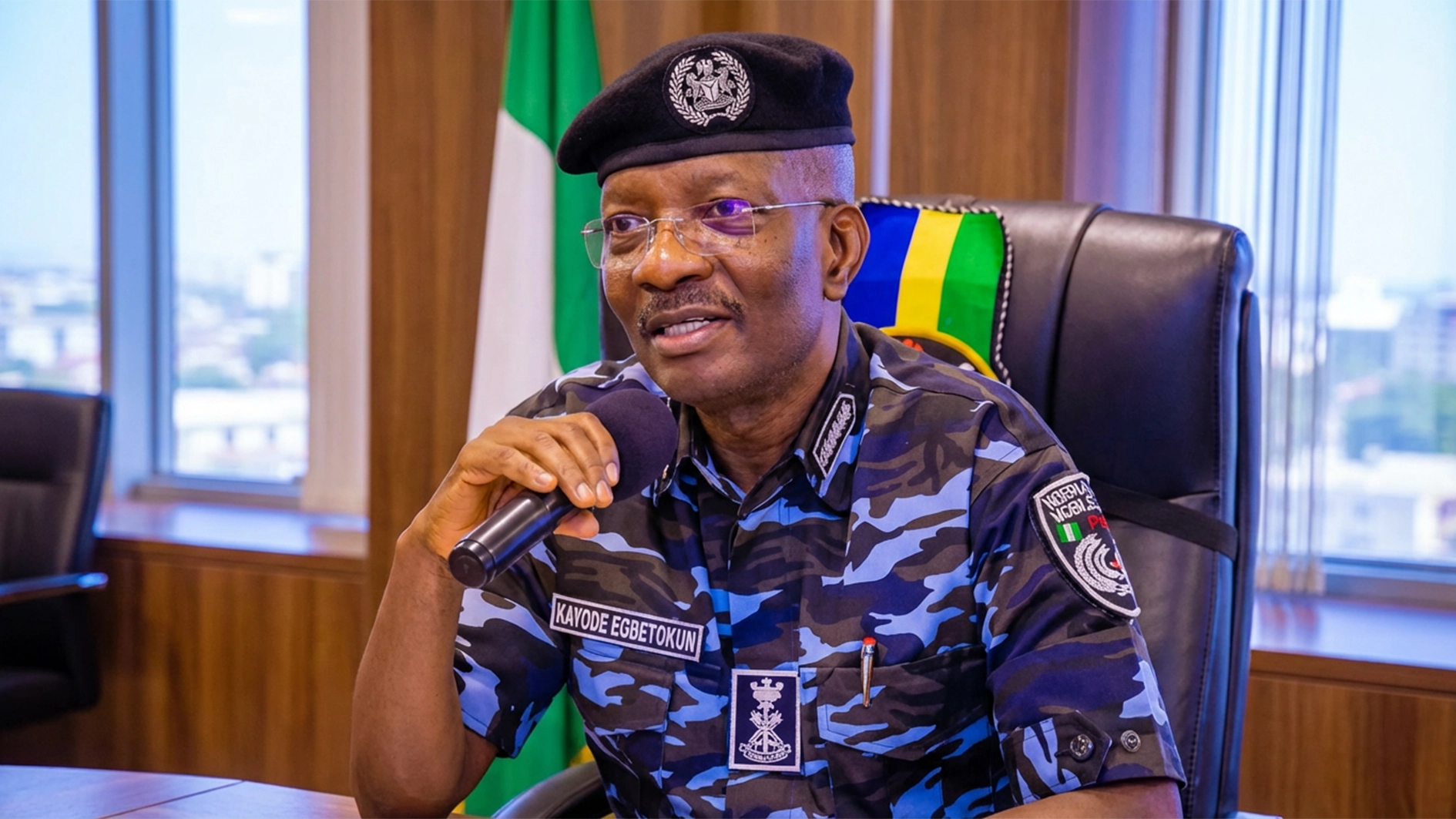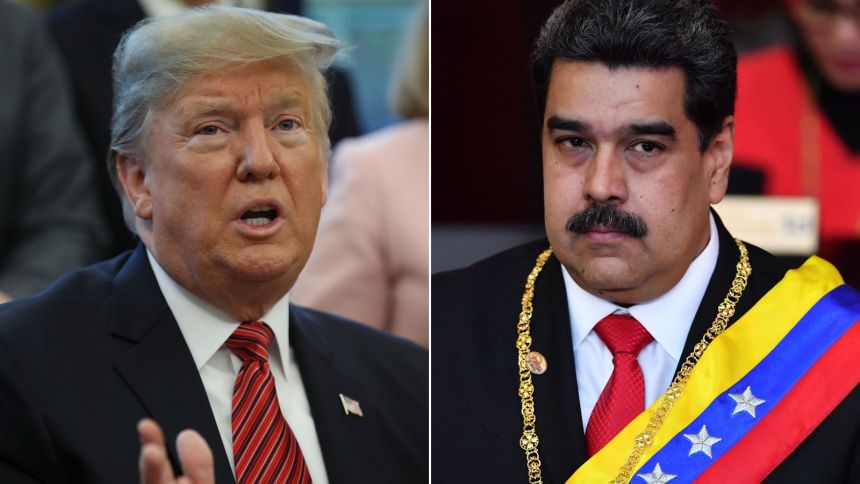
Ask Tinubu, other African leaders to perish tenure elongation idea
An attempt by United States President Donald Trump to have another term in office will have far-reaching implications for democracies worldwide, particularly in developing countries with sit-tight leaders, lawyers have said.
Trump had served one term of four years as President of The United States (POTUS), voted out and returned for a second term. Only two terms of eight years, cumulatively, is the maximum a POTUS can go, according to the U.S. Constitution.
In Africa, leaders like Teodoro Mbasogo of Equatorial Guinea, Paul Biya of Cameroon, Denis Nguesso of Republic of Congo and Yoweri Museveni of Uganda have been in power for decades, raising concerns about authoritarianism and democratic erosion.
While Mbasogo has been in power for 46 years, Biya has been serving for 43 years, Museveni has ruled Uganda for close to four decades, and Nguesso has served for 39 years.
On Sunday, Trump stated that he was seriously considering serving a third term as POTUS, sparking debate about breaching the constitutional barrier that prohibits a president from serving more than two terms. He said he was ‘not joking’ and was considering ways to lead the country after his second term ends at the beginning of 2029.
“There are methods which you could do it,” Trump said in a telephone interview with NBC News from Mar-a-Lago, his private club. He elaborated later to reporters on Air Force One from Florida to Washington, “I have had more people ask me to have a third term, which in a way is a fourth term because the other election, the 2020 election, was totally rigged.”
The Guardian reports that the 22nd Amendment, ratified in 1951, explicitly states that no person can be elected to the presidency more than twice. In a chat with The Guardian, constitutional lawyer and civil rights activist, Prof Mike Ozekhome, a Senior Advocate of Nigeria (SAN), said the news did not come to him as a surprise. He hinged his argument on the many Executive Orders issued by Trump since assuming office early this year.
Ozekhome said: “For those who are very discerning like me, I have always believed that Trump will go for a third term, having regard to the fact that he’s been using Executive Orders to erode provisions of the US Constitution, and changing the very template and nuances of American democracy as we knew it in 1787 when they had the American Convention in Philadelphia.
“So, asking for a third term was a natural consequence of his belief that he’s President of the world, threatening to annex Canada, saying he would raid Palestinians in Gaza and make it a tourist attraction, and trying to take over Greenland.”
The SAN said the domino effect of Trump’s pronouncement is that African leaders might attempt to tinker with their constitutions to stay in power in perpetuity. He described the development as a “beautiful signal and good music” to the ears of sit-tight dictators who would want to elongate their tenures, “believing erroneously that they are God’s gift to mankind, with a lot a narcissistic idiosyncrasies that without them, their countries will not prosper”.
Citing former President Olusegun Obasanjo, who made futile attempts to tinker with Nigeria’s Constitution, he urged President Bola Tinubu and other African leaders seeking tenure elongation to perish the thought.
“Nigerians may be docile, taking all muds splashed on them, but there are certain things I know Nigerians will not take. One of them is any attempt to elongate a President’s tenure in office by amending the Constitution. That is when those in authority will know that Nigerians may be easy to govern but impossible to enslave,” the senior lawyer said.
Lead Director of the Centre for Social Justice, Eze Onyekpere, said Trump’s consideration of a third term could send a dangerous signal to other democracies around the world.
Onyekpere noted that this might embolden other leaders, including those in Africa, to disregard constitutional term limits and maintain power beyond their designated periods. He said: “It sends a very dangerous signal to democratic consolidation in Africa where we already have sit-tight leaders.
“The U.S. is known as the bastion of democracy, and many of these African countries look up to it. It is not good enough. Trump’s actions and inactions in office are simply not good enough for democracy and send a wrong signal not only to Africa but across the world.”
Also, an Abuja-based lawyer, Ralph Agama, said it poses significant threats to democracy worldwide, particularly in developing countries where authoritarian tendencies are already prevalent.
“It shows an imminent danger to the survival of democracy in general, particularly to developing countries. This will rather bring about dictatorship.”






